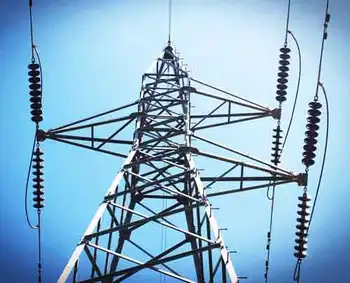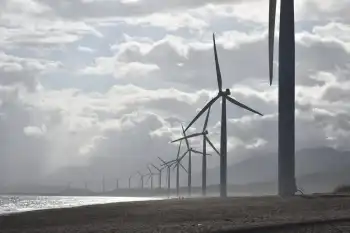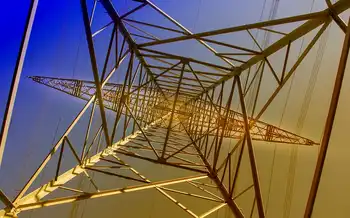Alberta Electricity Price Surge reflects soaring wholesale rates, natural gas spikes, carbon tax pressures, and grid decarbonization challenges amid cold-weather demand, constrained supply, and Europe-style energy crisis impacts across the province.
Key Points
An exceptional jump in Alberta's power costs driven by gas price spikes, high demand, policy costs, and tight supply.
✅ Wholesale prices averaged $123/MWh in December
✅ Gas costs surged; supply constraints and outages
✅ Carbon tax and decarbonization policies raised costs
Albertans just endured the highest electricity prices in 21 years. Wholesale prices averaged $123 per megawatt-hour in December, more than triple the level from the previous year and highest for December since 2000.
The situation in Alberta mirrors the energy crisis striking Europe where electricity prices are also surging, largely due to a shocking five-fold increase in natural gas prices in 2021 compared to the prior year.
The situation should give pause to Albertans when they consider aggressive plans to “decarbonize” the electric grid, including proposals for a fully renewable grid by 2030 from some policymakers.
The explanation for skyrocketing energy prices is simple: increased demand (because of Calgary's frigid February demand and a slowly-reviving post-pandemic economy) coupled with constrained supply.
In the nitty gritty details, there are always particular transitory causes, such as disputes with Russian gas companies (in the case of Europe) or plant outages (in the case of Alberta).
But beyond these fleeting factors, there are more permanent systemic constraints on natural gas (and even more so, coal-fired) power plants.
I refer of course to the climate change policies of the Trudeau government at the federal level and some of the more aggressive provincial governments, which have notable implications for electricity grids across Canada.
The most obvious example is the carbon tax, the repeal of which Premier Jason Kenney made a staple of his government.
Putting aside the constitutional issues (on which the Supreme Court ruled in March of last year that the federal government could impose a carbon tax on Alberta), the obvious economic impact will be to make carbon-sourced electricity more expensive.
This isn’t a bug or undesired side-effect, it’s the explicit purpose of a carbon tax.
Right now, the federal carbon tax is $40 per tonne, is scheduled to increase to $50 in April, and will ultimately max out at a whopping $170 per tonne in 2030.
Again, the conscious rationale of the tax, aligned with goals for cleaning up Canada's electricity, is to make coal, oil and natural gas more expensive to induce consumers and businesses to use alternative energy sources.
As Albertans experience sticker shock this winter, they should ask themselves — do we want the government intentionally making electricity and heating oil more expensive?
Of course, the proponent of a carbon tax (and other measures designed to shift Canadians away from carbon-based fuels) would respond that it’s a necessary measure in the fight against climate change, and that Canada will need more electricity to hit net-zero according to the IEA.
Yet the reality is that Canada is a bit player on the world stage when it comes to carbon dioxide, responsible for only 1.5% of global emissions (as of 2018).
As reported at this “climate tracker” website, if we look at the actual policies put in place by governments around the world, they’re collectively on track for the Earth to warm 2.7 degrees Celsius by 2100, far above the official target codified in the Paris Agreement.
Canadians can’t do much to alter the global temperature, but federal and provincial governments can make energy more expensive if policymakers so choose, and large-scale electrification could be costly—the Canadian Gas Association warns of $1.4 trillion— if pursued rapidly.
As renewable technologies become more reliable and affordable, business and consumers will naturally adopt them; it didn’t take a “manure tax” to force people to use cars rather than horses.
As official policy continues to make electricity more expensive, Albertans should ask if this approach is really worth it, or whether options like bridging the Alberta-B.C. electricity gap could better balance costs.
Robert P. Murphy is a senior fellow at the Fraser Institute.
Related News












